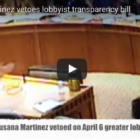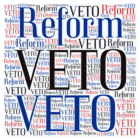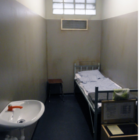House and Senate lawmakers are pushing identical proposals that would abolish solitary confinement for pregnant women and children and steeply curtail its use on people living with mental illness in New Mexico’s jails and prisons. If passed into law, supporters say either bill would provide a statutory definition for “isolated confinement” in the state and much needed transparency on the scope of the controversial practice of leaving inmates alone in their cells for 22 hours a day or more with little to no contact with others and few opportunities to participate in educational or rehabilitative programs.
“Right now, we do not know on any given day if it’s 100 or 1,000 people in isolated confinement in the state of New Mexico,” Rep. Antonio “Moe” Maestas, the Democratic sponsor of HB175, said. “Once we have some data, we can have confidence that the Corrections Department and the counties are scaling back the use of solitary confinement.”
Numerous studies, including one by the advocacy group Disability Rights Washington, have shown that isolation in a prison cell can exacerbate existing mental illnesses and create new ones where none existed before. The United Nations and the American Academy of Child and Adolescent Psychiatry have argued that solitary confinement is particularly dangerous for children, whose brains are still developing, and condemned its use. New Mexico has a troubled history with solitary confinement.








